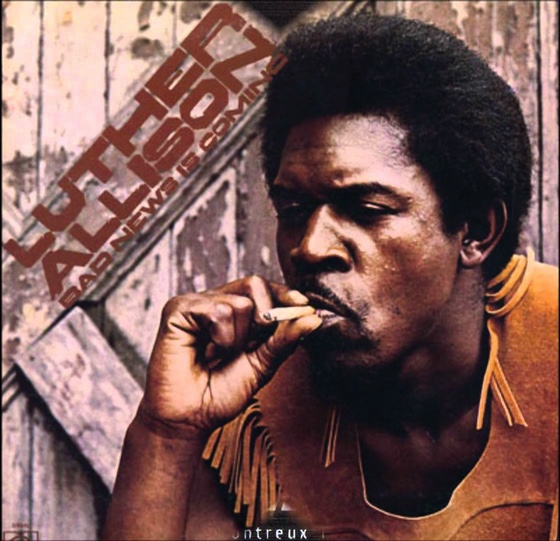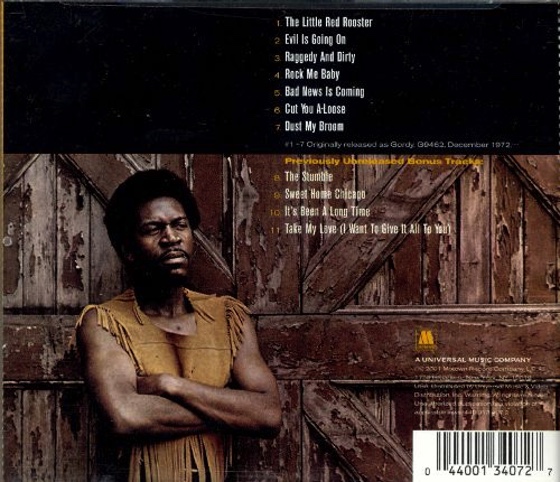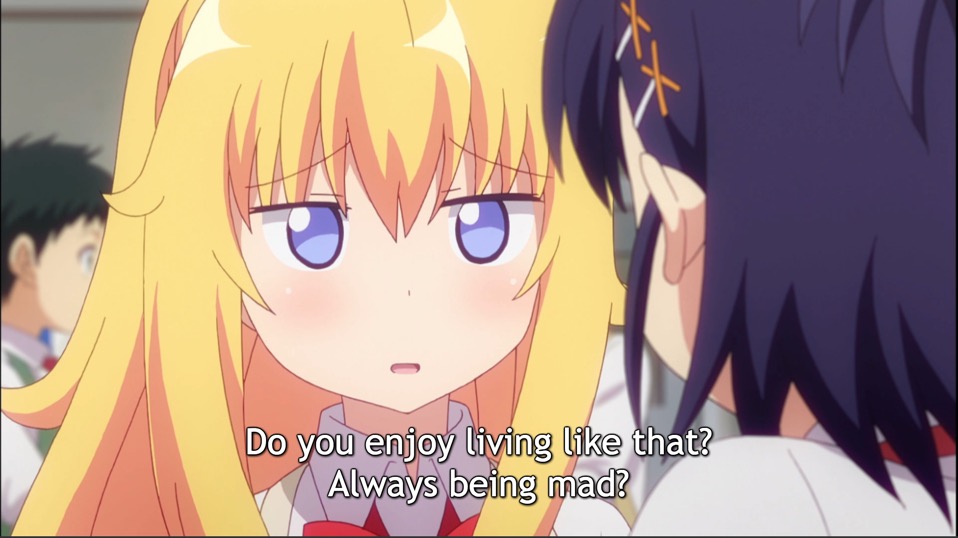- Live video doesn't work in Safari beta. Had to watch on iPad.
- Steve Jobs tribute. Makes me a little uncomfortable. I don't think Steve would've liked being deified like this. Not sentimental, he wanted the work to speak for itself.
- Apple Park. Very pretty as a modern cathedral, but still that open plan is going to be Hell for developers.
- Apple "Town Squares". This is a very 20th Century kind of thing, a real-world gathering place, where you're supposed to learn from others. But now everyone just lives by their computer and talks online, watches online video. There's a lot of "we're restoring historic buildings" in this; the Medicis funding arts while politicking to get their Popes elected.
- The stream isn't doing the usual dual-camera picture-in-picture of presentation and zoomed-in view of presenter, so often I only see a tiny bit of a presentation screen, then it flips out for context. Very jarring.
- Apple Watch, exercise ad, lot of heart health study. Almost every watch app is getting redesigned again, because they can't figure out what it's for, beyond being a watch. "Now you can take a phone call, while you're surfing!" Streaming audio is their solution to killing the iPod… But how much is that going to impact your data cap?
- AppleTV. A presentation screen on streaming video can't show HD vs. 4k HDR video, so they desaturated the "HD" image to make the images look different.
- Aside: I've never much liked Spider-Man, but the new movie looks stupid, the costume looks like a plastic CGI figure (which it is, I guess), and the fight scene was so over-choreographed it looked like ballet, not a kid in a brawl with thugs.
- Aside 2: I love thatgamecompany's games, Flower and Journey are amazing. Sky looks just as good. But I'm dubious to the extreme about social gaming in it; that's the weakest part in Journey, which has almost no interaction.
- "For the first time, you were actually touching the button!" And then iOS 7 destroyed that UI by removing buttons and making everything a bland white void. Thanks IVE-1138.
- Ha ha everyone who had "iPhone X" on their bingo card, it's "iPhone 8". There's a regular fat model, and a super-fat + model.
- The camera is much better. I dislike the term "portrait mode", which doesn't mean portrait-vs-landscape, but bokeh.
- Using AR (Augmented Reality) Kit to put virtual objects on the real world is still silly, you're still staring at your phone. It replaces a convenient on-screen camera control with having to spin around like a doofus, you can't just sit in your chair and play comfortably.
- There are sane uses of AR to overlay physical things, like landmarks, or provide auto-translation. If Glassholes and naked Robert Scoble hadn't ruined Google Glass, it might be have a useful interface. But holding up your phone to do it is still silly.
- Wireless charging is a nice thing. In a car is a strange use for it, since it'd just bounce around without something holding it in place, like a cable.
- One More Thing: A separate model of iPhone X, with all the crazy rumor stuff. No home button, edge-to-edge screen.
- FaceID: From now on, you need to wear a mask at all times or anyone can use your "true face" to unlock your phone. The pigs can just hold your phone up in front of you to dig thru it. Good thing there's animoji, so you can send a completely virtual face (panda, poop, robot, or alien) to replace that pesky human interaction.
- Aside: I am wearing a Star Trek Mirror, Mirror tshirt. I'm the one with the goatee.
- iPhone X (pronounced "Ten"), and Qi chargers (pronounced "Chi") provide all new ways for Apple devotees to "well, actually" everyone else.
- Skate to where the oh not this quote again.
Probably makes sense for me to wait a couple months for the iPhone X and get the bleeding-edge device rather than a better what-I-already-have.
OK, get back to work.



